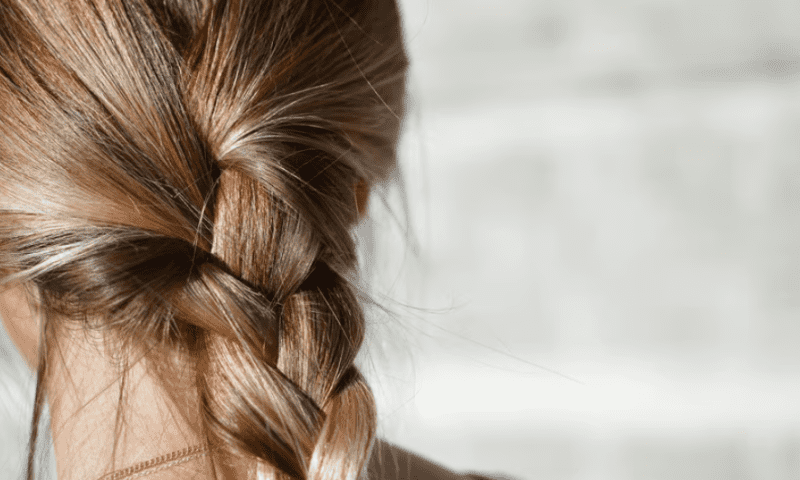A company shepherding research out of Mount Sinai Health System aims to establish a method for predicting a child’s chances of developing autism using information gleaned from a single piece of hair.
Now, more than a year after launching in late 2021, Linus Biotechnology has received $16 million in venture capital financing for its R&D efforts. The spinout said it hopes the funding will help grow its team and enable it to deliver “tangible outcomes” and the clinical data necessary to demonstrate its test can act as an accurate diagnostic aid for autism—even as early as just after birth.
“We chose to focus on autism first for many considerations, an important one of them is the dramatically different trajectory in case of an early detection and effective intervention. The impact on the patient and the patient’s family can be substantial,” LinusBio co-founder and CEO Manish Arora said in a release.
At the same time, the broader field of autism research has yet to provide a standardized diagnostic based on a child’s biology. The condition is largely diagnosed later in life, through observations of behavior.
The FDA has recently cleared digital tools to help spot the signs of autism, such as an artificial-intelligence-powered app developed by Cognoa and eye-tracking software from EarliTec Diagnostics.
According to LinusBio, its StrandDx test for autism spectrum disorder—which previously received a breakthrough designation from the FDA shortly after LinusBio’s 2021 debut—is designed to assess a person’s likelihood of autism by searching for the molecular fingerprints that the environment can leave on the human body.
It’s the result of research into what’s been dubbed the exposome, or a cataloging of the myriad impacts that can follow environmental exposures, such as pollutants, diet, lifestyle factors and other elements—collectively summing up the “nurture” compared to DNA’s “nature” when it comes to making us who we are.
Within a single hair, the company says, could lie the keys to diagnosing a range of conditions. Researchers from the Icahn School of Medicine at Mount Sinai have explored using the exposome to detect diseases such as amyotrophic lateral sclerosis, better known as ALS or Lou Gehrig’s disease, as well as attention-deficit/hyperactivity disorder and certain pediatric cancers.
For autism, the test could detect the presence of toxic metals and other compounds potentially associated with the disorder, all deposited into the hair over time. LinusBio’s approach includes running a laser across the strand under a microscope, with different points along its length corresponding to different periods in its growth. With one centimeter of hair equaling about one month, individual samples down the line could possibly be traced back to specific environmental exposures.
LinusBio’s $16 million series A round was led by GreatPoint Ventures and Bow Capital and joined by Divergent Investments, Bia-Echo Foundation President Nicole Shanahan, the David Bellet Family Office, Gillian Sandler and Francisco Partners co-founder Sanford Robertson, among others.

